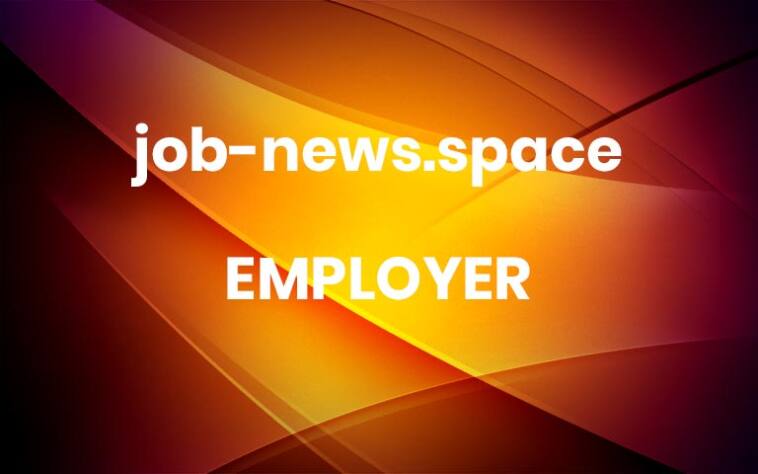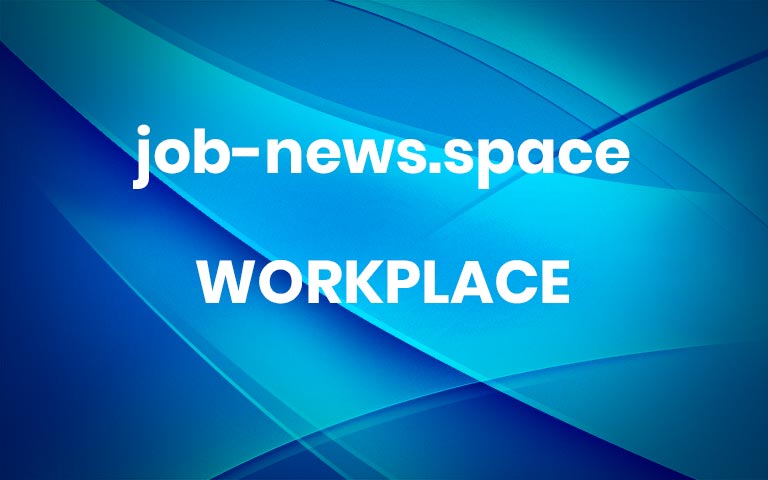The Launchpad for Leaders: How the Kohl’s Store Leadership Programs are Setting Up Early Professionals for Success
Calling all undergrads and recent grads: kickstart your career with Kohl’s! Finding the right path after college can be overwhelming, but Kohl’s offers internship and trainee programs that prioritize your growth and leadership development.
Kohl’s has developed leadership programs that are a launchpad for a meaningful career, allowing self-motivated and inspired individuals to grow, both professionally and personally. Ideal for college students and recent graduates, the Kohl’s Store Leadership Internship and Store Leadership Trainee Program are both designed to give young professionals the tools needed to grow into great leaders.
For current college students, the Kohl’s Store Leadership Internship is an interactive, 8-week paid structured training program created with development in mind. Interns are given a peek behind the scenes at running a $10 million to $20 million dollar Kohl’s store. More than just hands-on experience, interns are also invited to exclusive networking events and curate their own individual development plans with their mentors. The Store Leadership Trainee Program is designed for leaders ready to jump-start their careers. Over the 12-week paid program, Store Leadership Trainees (or SLTs/Leaders in Training) develop the skills and experience needed to become a Merchandising Manager at Kohl’s. With direct experience in store-merchandising, sales, and human resources, it is a program built with development in mind.
WayUp was able to speak with some impressive individuals who have completed the Kohl’s Store Leadership Internship and are either working towards becoming a Merchandising Manager or currently succeeding in the role.
One key takeaway from our conversations is that the true strength of these programs is the people. Both professionals mentioned that their favorite part of work was the team they are a part of and how supported they feel. Whether they grew up shopping in the store or strolled by the booth at their college career fair, the connections they made with this brand go beyond what a typical internship offers.
Additionally, both individuals applauded Kohl’s for their dedication to development.While many internships provide a summer experience, Kohl’s programs are designed to not only provide a summer experience but one that provides hands-on experience and develops leadership skills. At Kohl’s, these programs are designed to enhance your leadership skills so you come out the other side as a Merchandising Manager.
From networking events to assigned mentors who help map out career paths, it’s evident from our conversations that Kohl’s is committed to developing the next generation of leaders. These programs are ideal for any current college student or recent grad who wants to kick start their career in the right direction.
About the Leaders in Training
Shiyan Reed is someone who knows how to set goals and get after them. As an aspiring intellectual property attorney, Kohl’s was not yet part of her long-term plan. But, after speaking with some Kohl’s store managers at a Texas State University career fair, it was clear the Kohl’s Store Leadership Programs were where she wanted to grow as a leader. Shiyan completed the internship and trainee program at the Pflugerville, Texas location before stepping into her current position as Merchandising Manager at the Leander location.
As a current Store Leadership Trainee, Sandy McGlothlin has her sights set on her path ahead. Upon completion of her 12-week program, she will step into the role as Merchandising Manager in San Diego. With a Bachelor’s and Master’s degree in Marketing from the University of Arizona, her analytical mindset helps her find solutions to problems in an efficient and effective manner.
Q: What originally brought you to Kohl’s, and what keeps you there?
Q: How has Kohl’s fostered and supported your development?
Q: What are your career goals at Kohl’s?
Q: What’s one piece of advice that has stuck with you through your career that you would also give to someone newly joining the workforce?
When it comes to starting your career off on the right foot, making the first step can feel overwhelming. What Kohl’s offers in their leadership programs goes beyond a resumé–it’s an experience that jump-starts an impactful, meaningful career.
Want to learn more about the Kohl’s Store Leadership Internship and Store Leadership Trainee Program? Head over to Kohl’s WayUp profile to learn more about the company and browse open roles, upcoming events, and more. More





